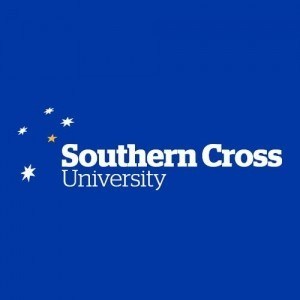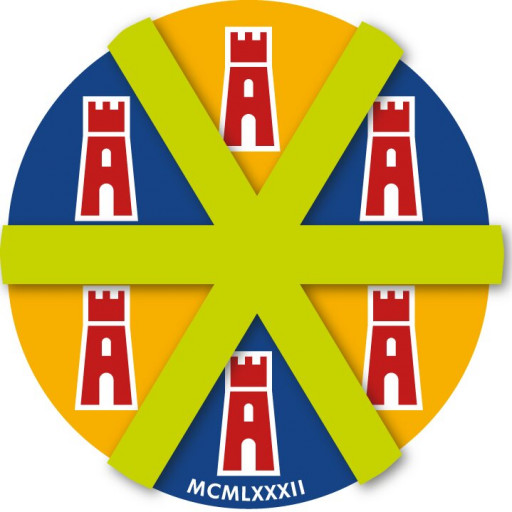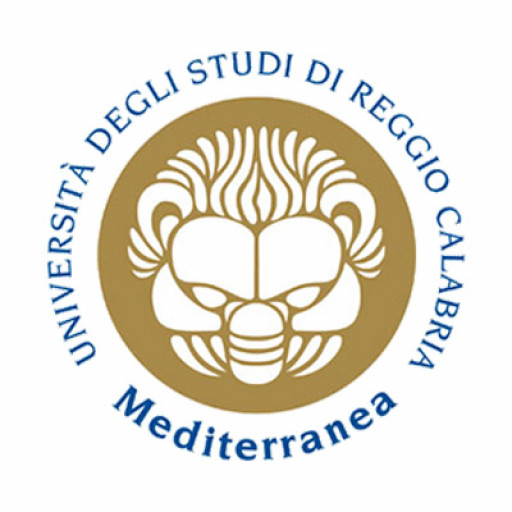Photos of university / #uflorida
The Forest Resources and Conservation program with a concentration in Ecological Restoration at the University of Florida is designed to equip students with comprehensive knowledge and practical skills necessary for restoring and managing forest ecosystems. This interdisciplinary program combines principles from forestry, ecology, environmental science, and conservation biology to prepare graduates for careers dedicated to conserving and rehabilitating natural habitats. The curriculum emphasizes hands-on experience through laboratory work, field studies, and internships, enabling students to apply theoretical concepts to real-world challenges. Students explore topics such as forest ecology, landscape management, biodiversity conservation, climate change impacts, and sustainable resource utilization. The concentration in Ecological Restoration specifically focuses on techniques and strategies for restoring degraded ecosystems, enhancing biodiversity, and promoting landscape resilience. Graduates of this program are prepared to work in governmental agencies, non-profit organizations, consulting firms, and research institutions where they can contribute to ecological restoration projects, forest management plans, and environmental policy development. The program also emphasizes the importance of scientific research, data analysis, and communication skills, ensuring students can effectively contribute to advancing ecological restoration practices. With access to UF’s extensive research facilities and field sites across Florida and beyond, students gain valuable experiential learning opportunities. The program aims to develop environmentally conscious professionals capable of addressing complex ecological issues, designing sustainable solutions, and leading efforts to restore and conserve forested landscapes for future generations.
The Forest Resources and Conservation program with a Concentration in Ecological Restoration at the University of Florida offers students a comprehensive education in the science and practice of restoring, managing, and conserving forest ecosystems. The curriculum is designed to equip students with the fundamental knowledge of forest ecology, silviculture, and environmental management while emphasizing hands-on experiences in ecological restoration techniques. Students will learn about the assessment of degraded landscapes, planning and implementing restoration projects, and monitoring ecological outcomes to ensure sustainable results. The program covers key topics such as biodiversity conservation, disturbance ecology, plant identification, soil and water management, and the integration of social and economic considerations into ecological restoration efforts. Through coursework, laboratory work, field trips, and internships, students gain practical skills necessary to work in forest management agencies, environmental consulting firms, non-profit organizations, and research institutions. The program also prepares students for advanced study or professional certification in ecological restoration or related fields. Faculty members are experts in forest ecology, conservation biology, and restoration ecology, providing mentorship and cutting-edge research opportunities. Graduates of the program will be well-equipped to develop, implement, and evaluate ecological restoration projects that aim to recover and sustain healthy forest ecosystems in Florida and beyond. With a strong emphasis on interdisciplinary approaches and contemporary conservation challenges, this concentration prepares students to address pressing environmental issues such as habitat loss, invasive species, climate change, and land-use changes, contributing to the restoration of ecosystems that support biodiversity, ecosystem services, and community well-being.
The Forest Resources and Conservation program with a concentration in Ecological Restoration at the University of Florida is designed to prepare students for careers in restoring, managing, and conserving forested ecosystems. The program requires completion of a set of core courses in forestry principles, ecological processes, and conservation techniques, alongside specialized coursework in ecological restoration. Students must complete 120 credit hours to qualify for graduation, including general education, major requirements, and electives. Major coursework typically includes classes such as Introduction to Forest Resources, Forest Ecology, Silviculture, Wildlife Management, and Conservation Biology.
In addition to classroom instruction, students are encouraged to participate in hands-on fieldwork, internships, and research projects to gain practical experience. The program emphasizes understanding the interactions between ecological systems and human activities, promoting sustainable management practices. To ensure comprehensive training, students are required to complete a capstone project or thesis focused on ecological restoration topics, applying scientific principles to real-world ecological challenges.
Students are also expected to develop skills in environmental assessment, project planning, and resource management through coursework and experiential learning opportunities. The program collaborates with local agencies, environmental organizations, and research institutions, providing students with internships and service-learning experiences. Technical skills in GIS, remote sensing, and ecological monitoring are incorporated into the curriculum to enhance employability in ecological restoration fields.
Graduate students pursuing the program may need to fulfill additional research or practicum components, depending on their specific focus within ecological restoration. Overall, the program prepares students for careers in ecological restoration consulting, environmental planning, natural resource management, and policy development related to forest ecosystems.
The Forest Resources and Conservation program with a Concentration in Ecological Restoration at the University of Florida offers various financing options to support students throughout their academic journey. Prospective students can explore a combination of scholarships, grants, assistantships, and loan opportunities to fund their education. The university provides merit-based scholarships for outstanding students, which can significantly reduce the financial burden. These scholarships often consider academic achievement, leadership qualities, and commitment to conservation efforts.
Graduate students pursuing assistantships in teaching, research, or administrative roles are an integral part of the university’s funding strategy. These assistantships typically provide a stipend and, in many cases, a tuition waiver, allowing students to gain valuable professional experience while minimizing tuition expenses. Applications for assistantships are usually competitive and require students to demonstrate academic excellence and a strong interest in ecological restoration.
Federal financial aid programs, such as the Free Application for Federal Student Aid (FAFSA), are available to eligible students, providing access to federal grants and low-interest loans. Federal grants like the Pell Grant may be awarded based on financial need, and students should complete the FAFSA early to maximize their chances of receiving aid.
The university also encourages students to explore external funding opportunities, including private foundations, state programs, and conservation-focused organizations that offer scholarships and fellowships supporting studies in environmental sciences and ecological restoration. Many of these external awards require application well in advance and often include criteria such as academic performance, community engagement, and commitment to conservation.
Additionally, the university’s Department of Forest Resources and Conservation frequently provides information about fellowships and specialized scholarships tailored for students specializing in ecological restoration. These may include awards for research projects, community service initiatives, or conservation efforts.
Students are advised to consult the university’s Financial Aid Office and the department’s website for comprehensive information on available funding options, application procedures, and deadlines. Planning ahead and applying for multiple sources of funding can significantly enhance the chances of securing financial support for the duration of the program. Overall, the combination of internal scholarships, federal aid, assistantships, and external scholarships aims to make the Forest Resources and Conservation program accessible to a diverse range of students dedicated to ecological restoration and environmental stewardship.
The Forest Resources and Conservation program with a Concentration in Ecological Restoration at the University of Florida is designed to prepare students for careers in the sustainable management, restoration, and conservation of forested and natural ecosystems. This program emphasizes practical skills, scientific understanding, and management strategies necessary to restore degraded ecosystems, preserve biodiversity, and foster resilient landscapes. Students will engage in coursework that covers ecological principles, restoration ecology, forest management, conservation biology, and environmental policy. They gain hands-on experience through laboratories, fieldwork, and internships, often collaborating with state and federal agencies, conservation organizations, and private landowners. The curriculum integrates concepts of landscape ecology, ecosystem services, and ecological engineering, equipping students with the knowledge to design and implement ecological restoration projects at various scales. Graduates of this program are prepared for employment in government agencies such as the U.S. Forest Service and Florida Forest Service, environmental consulting firms, non-profit organizations focused on conservation, and research institutions. The program also provides a foundation for those interested in pursuing advanced degrees in ecology, forestry, or environmental science. With faculty expertise in forest ecology, restoration techniques, and conservation policy, students benefit from a well-rounded education grounded in current scientific research and practical application. The University of Florida’s extensive natural habitats, research centers, and partnerships enhance the educational experience by providing real-world learning opportunities. Overall, the program aims to develop environmentally responsible professionals dedicated to restoring and managing forest ecosystems, ensuring their health and sustainability for future generations.






